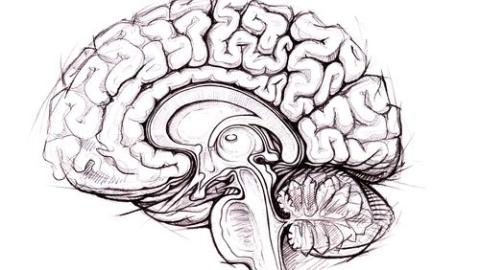Brain Boosting Machine Works. But Is it Ethical?

What’s the Latest Development?
A small machine developed at Oxford University could help improve your language and maths abilities, memory, attention and even movement. The device, called a transcranial direct current stimulation, uses electrodes placed outside the head to run a mild electric current through the brain for about 20 minutes. Experimental psychologist Dr. Roi Cohen Kadosh says: “I can see a time when people plug a simple device into an iPad so that their brain is stimulated when they are doing their homework, learning French or taking up the piano.”
What’s the Big Idea?
The Oxford psychologists were also concerned with the ethics of their brain boosting machine. By all accounts, they say, if the machine is proven safe, it should be distributed widely to augment basic human capabilities. “This technology overcomes some standard objections to enhancement: It is not a set of cheat notes,” says Professor Julian Savulescu. “You require effort and hard work to learn. It is just that you get more out of your effort. And because it is cheap, low tech, easily affordable, it could be widely available.”
Photo credit: shutterstock.com





